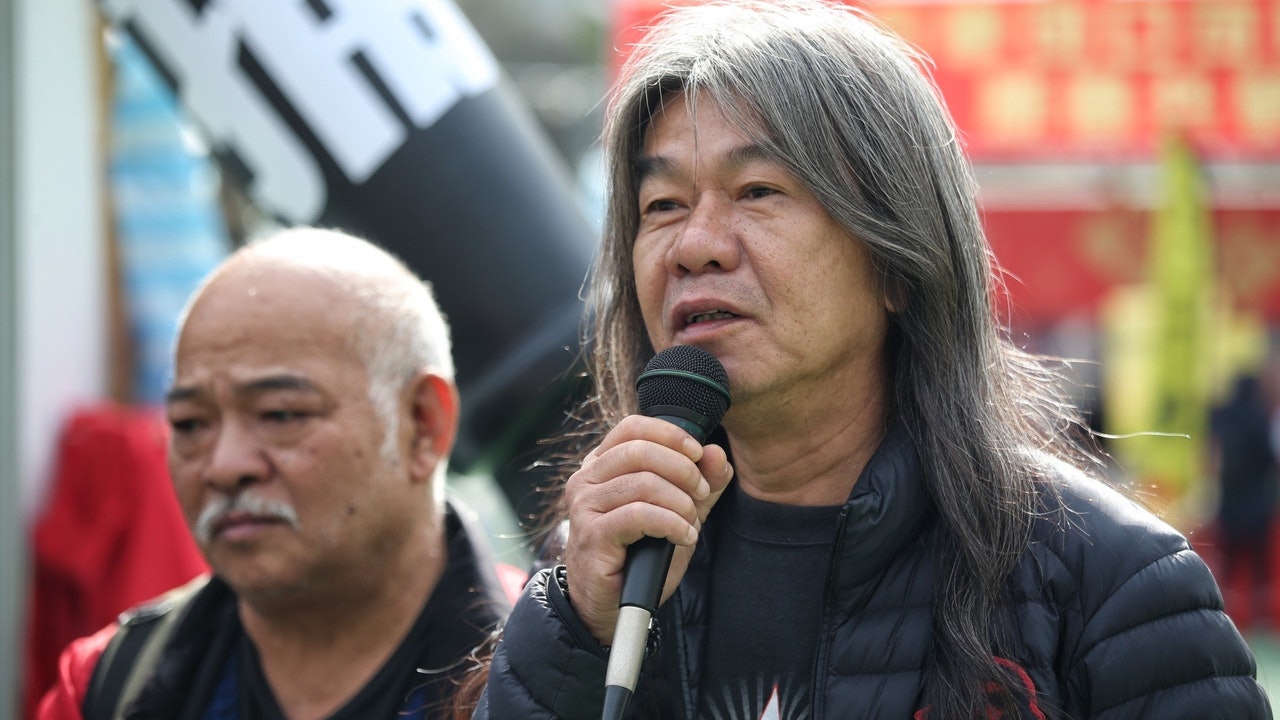Social News
Written by: Zhu Dixin Li Huina
2020-11-27 10:25
Last update date: 2020-11-27 10:35
Liang Guoxiong, a former member of the Legislative Council known as "long hair", was sentenced to prison in 2014 and had to cut off his long hair while serving his sentence.
Liang filed a judicial review, questioning that male criminals should have their hair cut, but female criminals can keep their hair, and the attributes should not be discriminated against.
He won the case in the original trial, but was changed by the Court of Appeal to lose the case, so he filed a final appeal to the Court of Final Appeal.
The judge of the final court heard the submission earlier and issued a verdict today (26th), ruling that Liang Guoxiong will win the case again. Liang described it as a belated victory outside the court.
The final hospital believes that the department’s approach violates gender discrimination
The CFA held that the Department’s practices violated the Sex Discrimination Ordinance, and believed that ensuring prison discipline and the imposition of the society’s established appearances of men and women lacked a reasonable connection. The Department could not explain why there are such different treatments between men and women, and the Department could not. Provide evidence to prove that in society, men’s hairstyles must be short, while women can have long or short hair.
The appellant is Liang Guoxiong, and the respondent is the Director of Correctional Services.
The legal issue in this dispute is whether the requirement to cut the hair of male prisoners as short as possible without making such a requirement for female prisoners violates the Sex Discrimination Ordinance and constitutes direct discrimination; and violates Article 25 of the Basic Law. All Hong Kong residents are equal before the law."
Impose traditional gender stereotypes on others
Senior Counsel Pan Xi, who represents Liang Guoxiong, pointed out earlier that the Correctional Services Department stated that it is based on the standard of "traditional hairstyles" for male prisoners to cut their hair, but did not provide relevant evidence to prove what constitutes a "traditional hairstyle."
Pan also pointed out that the "tradition" currently referred to by the department only imposes gender stereotypes on others.
The agency rebuts that no prisoner can stand out
Senior Counsel Huang Jiming, who represents the department, pointed out that the department does not require every prisoner to look the same, but that no prisoner can be unique.
The Department has the right to maintain consistency in prison according to the "traditional hairstyle" standard.
Case Number: FAMC56/2019
[Liang Guoxiong Hair Care.
Interpretation of the verdict] Does the distinction between men and women necessarily involve discrimination?
[Case of long-haired hair care] Defense: To prevent male criminals from having trouble, they should not use their fingers to make unfair haircuts
[Long-hair hair care case] The official asked: Do male criminals suffer from hair cutting and female criminals who are not allowed to put on makeup also suffer?
01News
Leung Kwok Hung Correctional Services Department Judicial Review Court of Final Appeal







